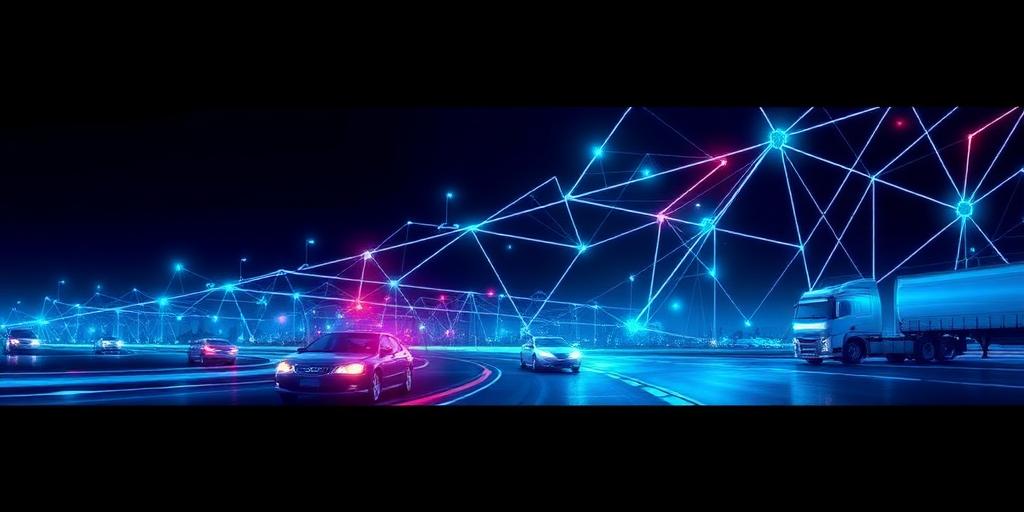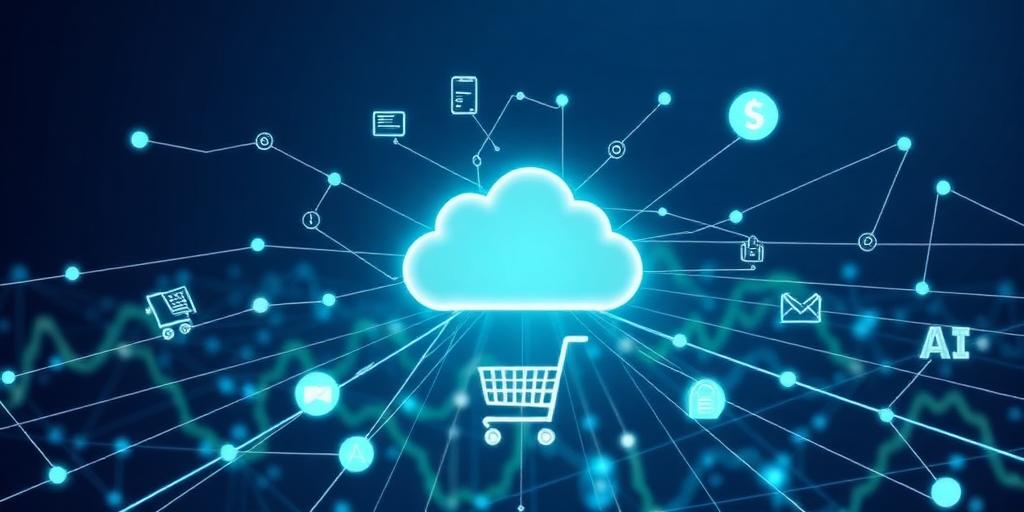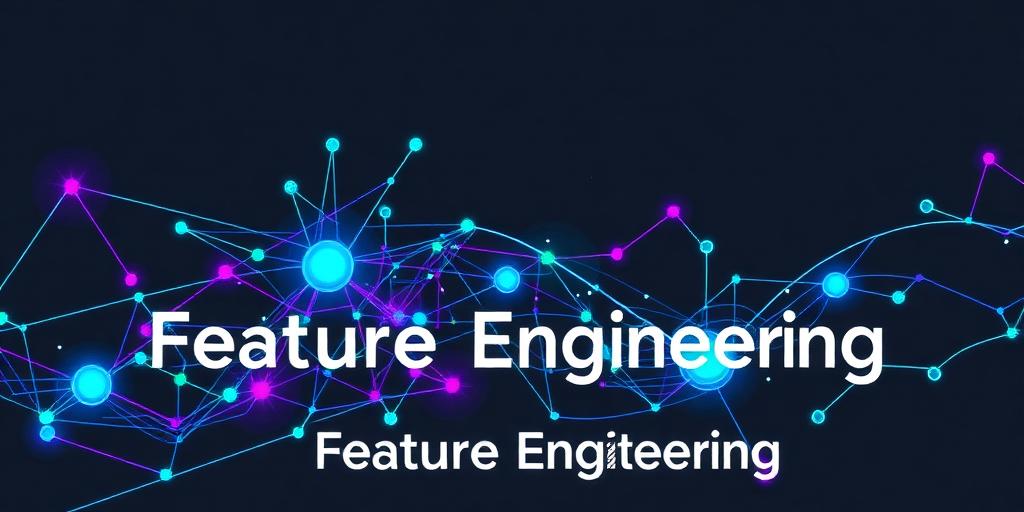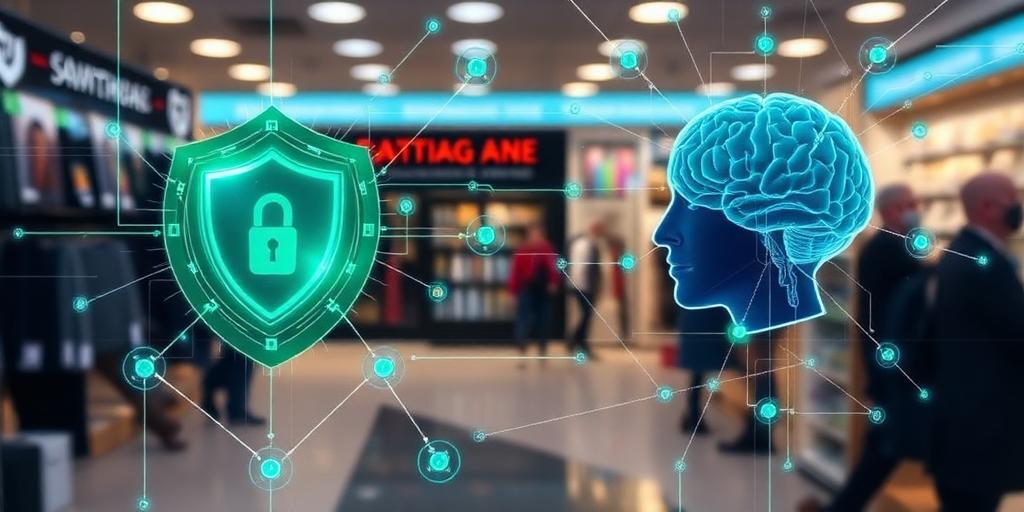The Future of Digital Transformation in the Transportation Industry
The transportation industry stands at the precipice of a monumental shift, driven by an accelerating wave of digital transformation. Far from being a mere buzzword, digital transformation represents a fundamental rethinking of how transportation services are conceived, delivered, and consumed. This paradigm shift, fueled by advancements in artificial intelligence, IoT, and data analytics, promises unprecedented levels of efficiency, safety, and sustainability across global networks. Understanding these evolving dynamics is crucial for stakeholders aiming to navigate and lead in this rapidly changing landscape.
The Foundational Pillars: AI, IoT, and Data Analytics
At the core of this transformation are several key technological pillars, each contributing uniquely to the evolution of transport. The **future of transport tech** is intrinsically linked to the integration and synergy of these innovations.
- Artificial Intelligence (AI) and Machine Learning (ML): AI is revolutionizing operations from predictive maintenance for fleets to sophisticated route optimization that minimizes fuel consumption and delivery times. Furthermore, demand forecasting, powered by ML algorithms, enables more agile resource allocation, significantly impacting logistics and supply chain efficiency.
- Internet of Things (IoT): IoT devices are becoming ubiquitous in transportation, providing real-time data on everything from vehicle performance and cargo conditions to traffic flow and infrastructure integrity. This continuous data stream empowers proactive decision-making, enabling smarter asset management and enhancing safety across all modes of transport.
- Big Data Analytics: The sheer volume of data generated by AI and IoT systems would be overwhelming without robust analytics capabilities. Big data analytics transforms raw information into actionable insights, driving operational efficiency, enabling personalized services for passengers, and informing critical urban planning decisions to mitigate congestion and pollution.
Autonomous Vehicles: Reshaping Logistics and Urban Mobility
Perhaps no single aspect of digital transformation captures the public imagination quite like autonomous vehicles (AVs). While still evolving, the autonomous vehicles impact on logistics is already being felt, promising more efficient and potentially safer goods movement. In public transportation, self-driving shuttles and buses could revolutionize urban mobility, offering on-demand services and optimizing routes in real-time. The implications for reduced human error, lower operating costs, and enhanced safety are profound, although regulatory and ethical considerations remain paramount.
Smart Infrastructure and Connectivity
The digital future of transportation extends beyond the vehicles themselves to the very infrastructure that supports them. Smart transportation solutions involve intelligent road networks, traffic management systems, and smart ports that communicate seamlessly with vehicles and operators. 5G technology is a crucial enabler here, providing the low latency and high bandwidth necessary for real-time data exchange, critical for connected and autonomous systems. This interconnected environment facilitates smoother operations, reduces congestion, and enhances overall system resilience.
Transforming Key Sectors: From Supply Chain to Public Transit
The impact of digital transformation resonates across all facets of the transportation industry:
- Logistics and Supply Chain: Enhanced visibility, real-time tracking, and automated processes driven by AI and IoT ensure more resilient, transparent, and efficient supply chains. Blockchain technology is also emerging as a powerful tool for supply chain transparency and secure transactions.
- Public Transportation: IoT in public transit is leading to improved passenger experiences through real-time information, personalized journey planning, and contactless payment systems. Operators benefit from optimized fleet management, predictive maintenance, and data-driven scheduling.
- Urban Mobility: Digital tools are empowering cities to manage traffic more effectively, promote sustainable modes of transport (e.g., e-scooters, bike-sharing), and develop integrated multimodal transport systems, all contributing to smarter, more livable urban environments.
Navigating the Path Forward: Challenges and Opportunities
While the opportunities are vast, the journey towards a fully digitized transportation ecosystem presents challenges. Data security and privacy, significant infrastructure investment, and the need for adaptive regulatory frameworks are critical considerations. However, overcoming these challenges unlocks immense potential for new business models, reduced environmental impact, and significantly improved global connectivity and economic growth. The ongoing evolution of digital transformation in the transportation industry demands strategic foresight and collaborative innovation to harness its full potential.









